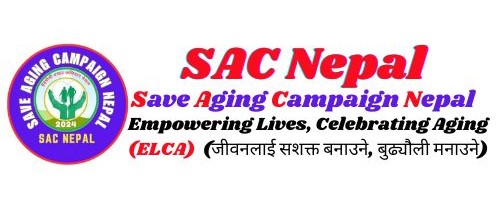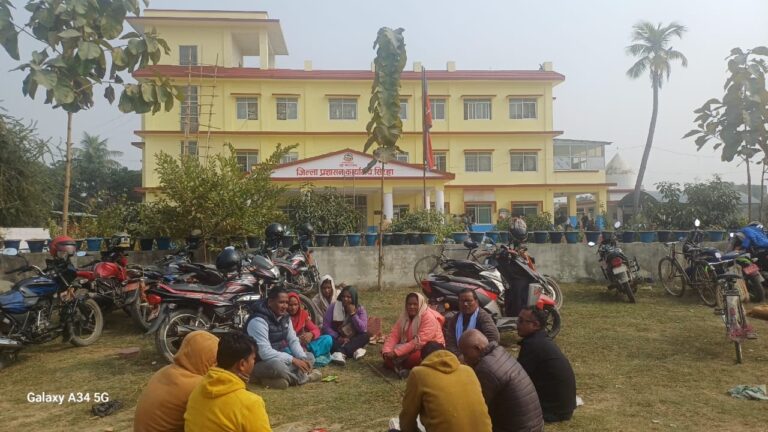(Year XXXX – XXXX)
1. Executive Summary
- Brief overview of SAC Nepal
- Purpose of the strategic plan
- Key priorities and expected impact
2. Organizational Overview
- Vision, Mission, and Core Values
- Background and history of SAC Nepal
- Organizational structure and key leadership
3. Situational Analysis
- SWOT Analysis (Strengths, Weaknesses, Opportunities, Threats)
- Stakeholder Analysis (government, NGOs, communities, elderly population)
- Current Challenges in Aging Population
4. Strategic Goals & Objectives
(Define clear, measurable goals for the next 3–5 years.)
Goal 1: Awareness & Advocacy
- Increase public awareness about aging issues
- Advocate for policies supporting elderly rights
Goal 2: Health & Well-being
- Promote access to healthcare for senior citizens
- Encourage healthy lifestyles through community programs
Goal 3: Economic & Social Empowerment
- Support income-generating activities for older adults
- Strengthen intergenerational bonding and community support
Goal 4: Organizational Growth & Sustainability
- Strengthen SAC Nepal’s capacity and partnerships
- Ensure financial sustainability through fundraising and grants
5. Key Strategies & Action Plan
(For each goal, outline specific strategies and steps.)
| Strategic Goal | Strategies | Actions | Timeline | Responsible Person |
|---|---|---|---|---|
| Awareness & Advocacy | Community campaigns, policy dialogues | Organize workshops, meetings with policymakers | Year 1-3 | Advocacy Team |
| Health & Well-being | Health camps, partnerships with hospitals | Conduct free check-ups, training for caregivers | Year 1-4 | Health Team |
| Economic & Social Empowerment | Skill development, social inclusion programs | Vocational training, social clubs | Year 2-5 | Community Team |
| Organizational Growth | Strengthen leadership, fundraising | Capacity-building workshops, donor engagement | Year 1-5 | Executive Committee |
6. Monitoring & Evaluation Framework
- Define Key Performance Indicators (KPIs)
- Regular progress assessments and reporting
- Feedback mechanisms for continuous improvement
7. Budget & Resource Allocation
- Estimated budget for strategic goals
- Funding sources and financial management plans
8. Conclusion & Call to Action
- Summary of commitments
- Call for collaboration and support





